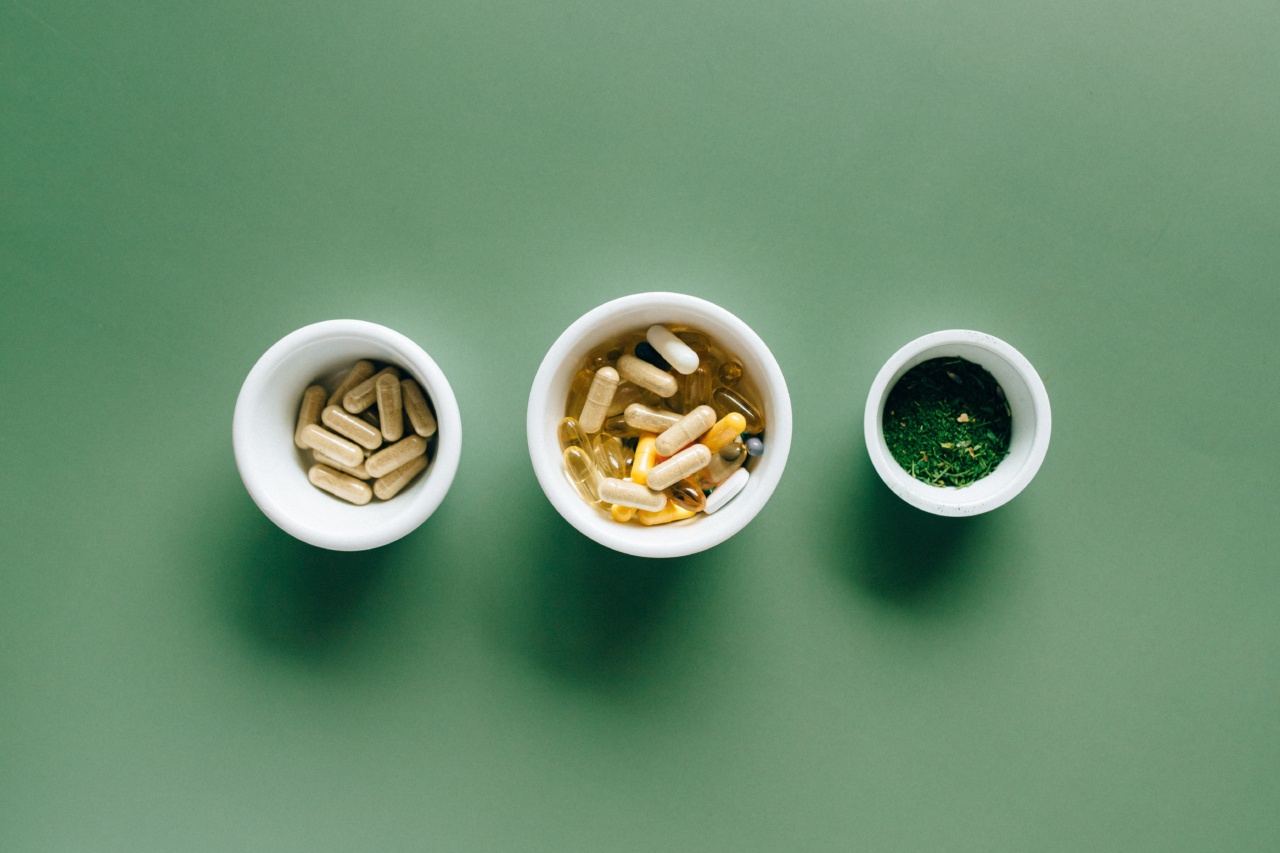Nursing moms often seek ways to enhance their health and well-being, and herbal supplements may seem like a natural choice. However, it is crucial for breastfeeding mothers to exercise caution when considering the use of herbal supplements.
While some herbal remedies may offer potential benefits, others can pose risks to both the nursing mom and her baby. In this article, we will explore the safety of herbal supplements for nursing moms and provide insights to help make informed decisions.
Understanding Herbal Supplements
Herbal supplements have been utilized for centuries as alternative medicines and are derived from plants. These supplements typically come in the form of pills, capsules, extracts, teas, or tinctures.
While herbs can have positive effects on certain health conditions, their safety and effectiveness are not extensively regulated by government bodies like prescription drugs.
The Potential Benefits of Herbal Supplements for Nursing Moms
Herbal supplements, when used judiciously, may offer several potential benefits for nursing moms. Certain herbs are known for their galactagogue properties, which can help stimulate or increase breast milk production.
Herbs such as fenugreek, milk thistle, and fennel seed have traditionally been used for this purpose.
Additionally, certain herbal supplements can support a nursing mom’s overall well-being.
Chamomile, lavender, and lemon balm, for example, are renowned for their calming effects and may help reduce stress and anxiety, which can be beneficial during the postpartum period.
Herbs to Avoid During Breastfeeding
While some herbal supplements are generally considered safe for nursing moms, there are others that are best avoided due to potential risks. The following herbs should be avoided or used with extreme caution during breastfeeding:.
1. St. John’s Wort
St. John’s Wort is often used as an herbal remedy for depression. However, it can reduce the effectiveness of certain medications, including antidepressants, birth control pills, and anticoagulants.
This herb should be avoided while breastfeeding, as it can be passed on to the baby and potentially cause adverse effects.
2. Sage
Sage is a popular herb known for its culinary uses and potential health benefits. However, sage should be avoided during breastfeeding as it may suppress lactation and decrease milk supply.
It is important to note that sage is safe when used in small amounts as a seasoning, but as a herbal supplement, it can have negative effects.
3. Peppermint and Spearmint
Peppermint and spearmint are commonly used for digestive issues and as flavorings.
While these herbs are generally safe for nursing moms in normal culinary amounts, large quantities or concentrated forms (such as supplements) may reduce milk supply in some women. It is advisable to moderate their intake if using them as herbal supplements.
4. Echinacea
Echinacea is often used to boost the immune system and alleviate cold symptoms. While limited studies have been conducted on the effects of echinacea during breastfeeding, it is generally recommended to avoid this herb.
It is possible for this herb to cause allergic reactions or have a negative impact on the baby’s immune system.
Safe Herbal Supplements for Nursing Moms
While some herbs should be used with caution or avoided, many others are considered safe for nursing moms and can offer potential benefits. Here are a few examples of herbal supplements that are generally well-tolerated during breastfeeding:.
1. Red Raspberry Leaf
Red raspberry leaf has long been recognized for its uterine tonic properties and is often used to support the female reproductive system.
It is also believed to be safe during breastfeeding and can provide essential vitamins and minerals to nursing moms.
2. Nettle
Nettle is rich in essential nutrients like iron, calcium, and magnesium. It is a commonly used herb for supporting overall health and well-being.
Nettle tea or supplements are generally considered safe during breastfeeding and can help replenish vital nutrients in nursing moms.
3. Ginger
Ginger is widely known for its anti-inflammatory and digestive benefits. Small amounts of ginger, whether in tea or as a herbal supplement, are generally safe and can help alleviate nausea, which is common during breastfeeding.
Consulting a Healthcare Professional
Before considering the use of any herbal supplements during breastfeeding, it is essential to consult with a healthcare professional, such as a lactation consultant or a qualified herbalist.
These experts can provide personalized advice based on an individual’s health, breastfeeding journey, and the specific herb in question.
Conclusion
Herbal supplements can offer potential benefits for nursing moms, but it is crucial to exercise caution and consult with healthcare professionals before using them.
While some herbs are generally considered safe for breastfeeding, others may have adverse effects or interfere with breastfeeding itself. Every nursing mom’s situation is unique, and understanding the risks and benefits of herbal supplements is vital for making informed decisions.




























